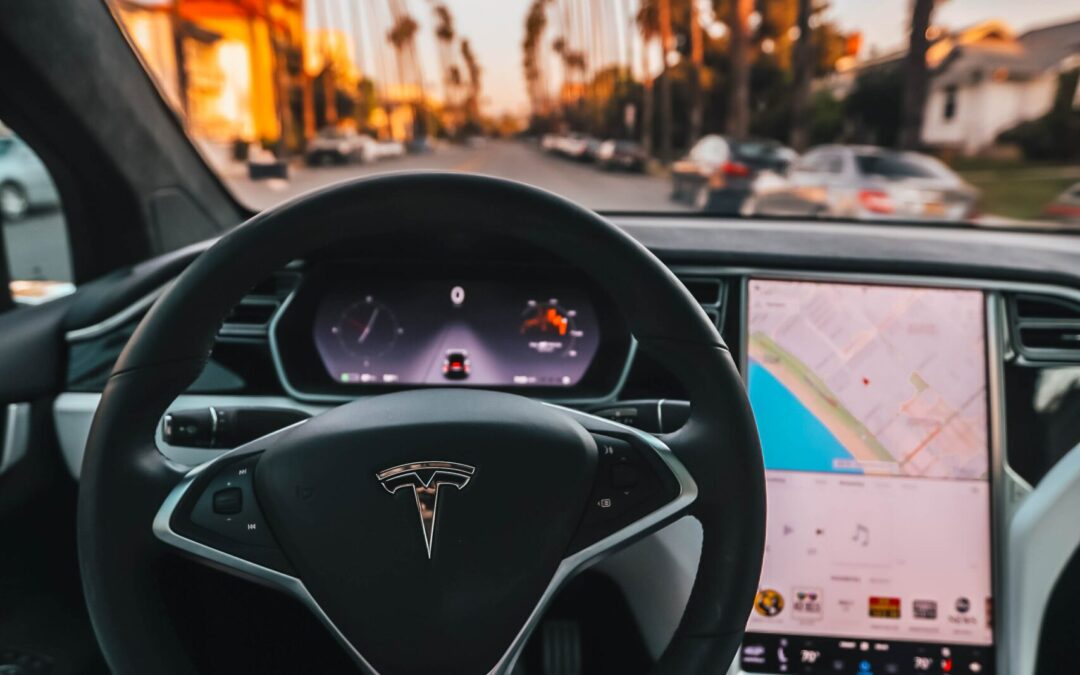Data protection and autonomous driving
According to the German government, autonomous cars will be tested in regular operation in projects starting in 2022. However, it is in the nature of self-driving and connected cars that a lot of data (including sensitive data) is generated, the protection and access to which has long been a matter of dispute not only between the automotive industry, map providers and data protectionists.
To what extent this dispute is slowing down the development of autonomous cars in Germany and what VW and Daimler's latest thoughts on the matter are, you can find out here.
Draft law on autonomous driving put on brakes
A draft law on autonomous driving led to a dispute in the governing coalition as early as 2020. A draft from early October 2020 had included a data transfer provision that was rejected by the Federal Ministry of Justice on data protection grounds.
Criticism of the Federal Ministry of Justice
The corresponding explanatory memorandum stated that this also involved "sensitive categories of personal data [that] arise in autonomous driving, such as the vehicle's position data, from which it would be possible to create movement profiles of the vehicle's occupants." Therefore, there should be no legal and general data transfer regulation.
Above all, however, the ministry criticizes the fact that the draft does not provide any protection for the data. The owner must be able to retain data sovereignty over his data, which is not possible under the draft. Indeed, the draft would allow the Federal Criminal Police Office and the Office for the Protection of the Constitution to access the data via the Federal Motor Transport Authority, to which the data would be transmitted. As long as the owner does not have data sovereignty, the ministry sees this as a violation of the GDPR.
This data sovereignty of the owner must also extend to data collected by the manufacturer, for example to determine the wear and tear of vehicle parts. It is not possible for the manufacturer to exclude this data sovereignty via general terms and conditions. Instead, the manufacturer must not only allow the owner to access the data, but also to transmit it to data trustees via open interfaces.
On the other hand, data that do not allow any conclusions to be drawn about the individual should be able to be transmitted to central contact points, where they can be used for traffic planning, for example.
Votes against
The reaction of the Federal Ministry of Justice was seen as surprising by other sides, since the first coming years would probably only involve commercial mobility service providers as operators of autonomous vehicles. It was not apparent, for example, how the movement profiles of individual persons could be identified from the location data of public transportation.
From other sides, it is described as incomprehensible why the Ministry of Justice wants to regulate the problem of data sovereignty in a law on autonomous driving. So far, this has only had the effect of blocking the draft law, making it unlikely that it will be enforced in this legislative period. The vision of Germany becoming the first country to allow driverless cars in regular operation is thus becoming a distant prospect.
This dispute is, of course, also strongly criticized by the automotive industry. Here, too, it is feared that this will put an enormous brake on technical progress and deny Germany a possible leading role in autonomous driving.
VW AI data strategy
VW Group CEO Herbert Diess is convinced that autonomous driving must be coupled with clear consumer rights. With regard to the multiple data protection issues, he calls for a sensitive approach. However, a distinction must be made between the type of data, the respective application references and the conditions of the respective market.
In view of the political disagreements in Germany, VW is initially counting on the technology being implemented in the medium term.
Statements from Daimler
Daimler CEO Ola Källenius even sees the new services as an opportunity to counter data protection concerns. He believes that transparency must already be ensured for current services. He emphasizes that drivers should always be able to switch services on and off as they see fit. By switching off vehicle tracking, for example, drivers can drive in a completely "private" manner.
